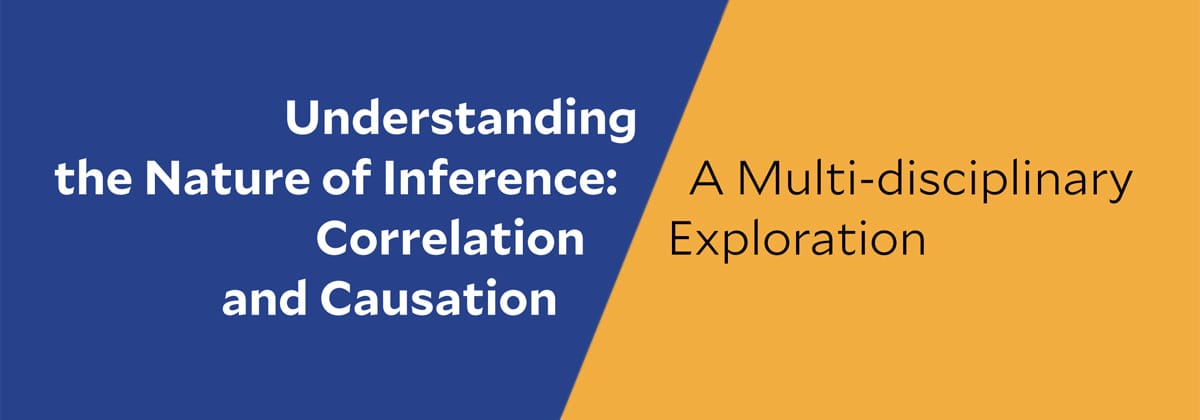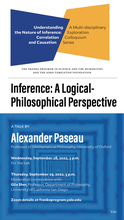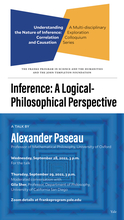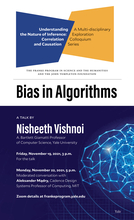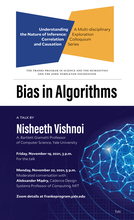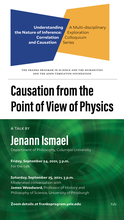PLEASE NOTE: In order to comment on a blog post, you must be logged in to the site. Use the links below to log in, or to request a login account.
Log in using a username and password (non-Yale users)
(Click on “Log in without a Yale netID”.)
Request a user account
(Yale users do not need to request an account but can log in directly using their Yale netID.)
